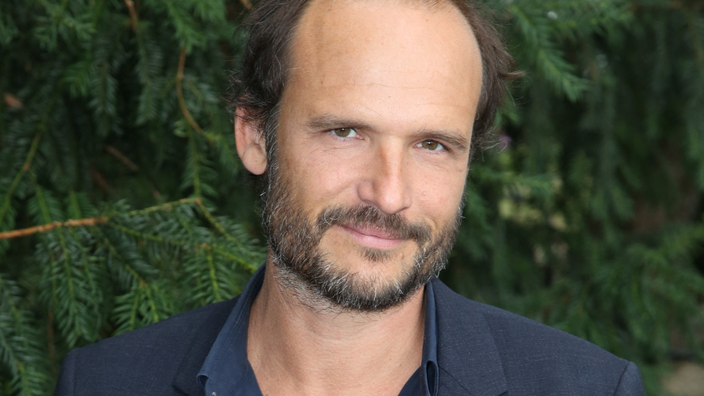In a book published on January 20, the director and doctor recounts his return to the hospital as a volunteer doctor, during the first wave of the pandemic in March.
What if reality surpasses fiction? After putting on his medical gown again last March, the director ofHippocrates, Thomas Lilti, signe The oath, a book available from Grasset editions since January 20, which tells of this return to basics. Asked this Sunday, February 7 on the plateau of Click, program broadcast on Canal +, the filmmaker and doctor described this disturbing experience and his fear of the reality of the medical world, a fortiori in times of Covid.
Read also :Thomas Lilti: “Becoming a doctor again overwhelmed me”
Ragtag
“It took the health crisis to realize the difficulty of caregivers”. Including for the director, at least in part, although his films depict in astonishing way the pressure of the medical profession, caught between the vicious dysfunctions of a technocratic administration and the lack of means of the public hospital. But representing reality and living it are two very different things. “When I arrived at the hospital, it was very concrete. We were so unprepared, from a logistical point of view, to welcome a health crisis that the premises had to be reorganized. Stretch tarpaulins, protect yourself as best you could to make up for the lack of masks and gowns. All the departments were trying to find beds and places for the patients ”, he tells the host, Mouloud Achour.
Read also :Anti-Covid vaccines: hospitals struggle to vaccinate their own patients
A doctor by profession, Lilti embarked on cinema in parallel with his studies. It was only in 2016 that he decided to devote himself solely to his passion, even if most of his achievements depict the hospital world. “I thrive a lot more telling stories, and even caregiver stories. Perhaps to console a guilt of not practicing medicine ”, he details with humility. A guilt redoubled by the pandemic situation, forcing him to volunteer with his former colleagues. “Nobody expected me”, admits the filmmaker, suggesting that the reception was not the warmest.
Caught up in the tension he had fled several years before, Lilti describes, moved, the out of control situation he was plunged into. “In France we know how to manage a health crisis. But the tool [le monde hospitalier, NDLR] is so damaged, the caregivers are already in such difficulty, that it is the famous drop of water that broke the camel’s back. Add to that the worry of this unknown virus and suddenly it cracks everywhere, it explodes completely. “
“At the time of the first wave, we were so overwhelmed that we had to make choices and tell ourselves that we weren’t going to be able to save everyone. “
Thomas Lilti
“You say that you have to make choices, decide who to treat”, then cuts one of the chroniclers on the set, Catherine Ceylac, referring to a passage from Oath. And the director bouncing like hell, clearly satisfied with the matter. “It existed long before the Covid. At the hospital, we sometimes have to make choices, but not necessarily between letting someone die in order to save the life of another. We must define a priority in the care of patients. At the time of the first wave, we were so overwhelmed, that inevitably, we had to make choices and tell ourselves that we were not going to be able to save everyone. “
Read also :The difficult situation of the public hospital in infographic
The need of foreign doctors
Very virulent vis-à-vis the health policy pursued for several years, Lilti returns to the place of foreign doctors in the French hospital sector. A necessity, according to him. In France, “We train very few doctors and those we train no longer want to work in the hospital. The conditions there are too difficult, their work is not valued ”. That is why “We bring them to France, pas because they beg us to work in our wonderful hospitals, but because we need them, we cannot run the hospital without them ”.
– .

